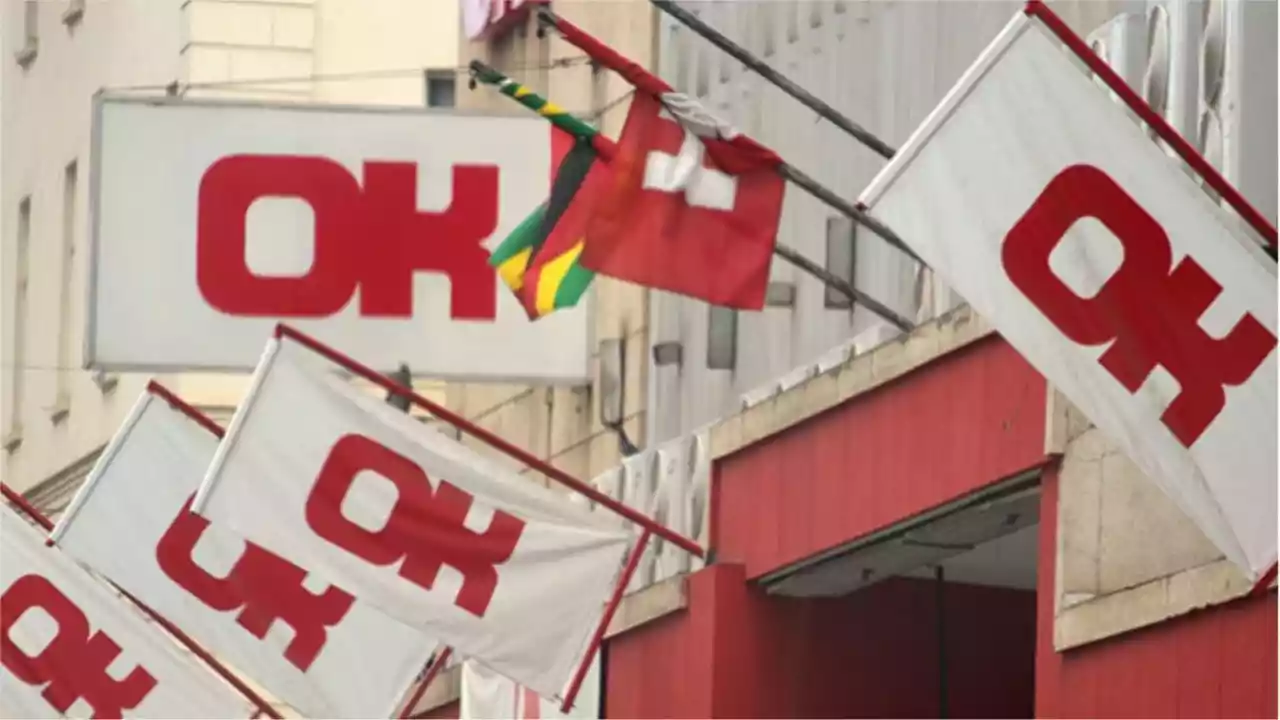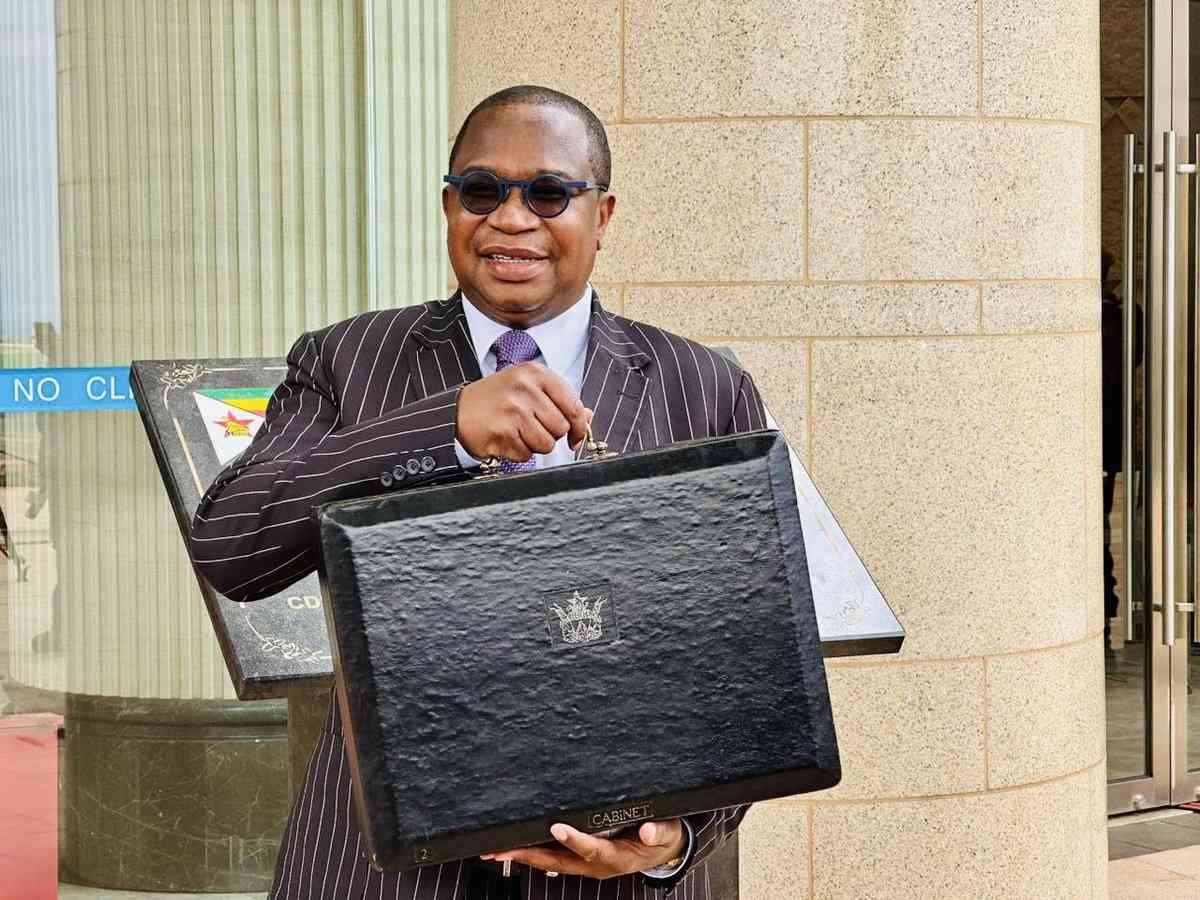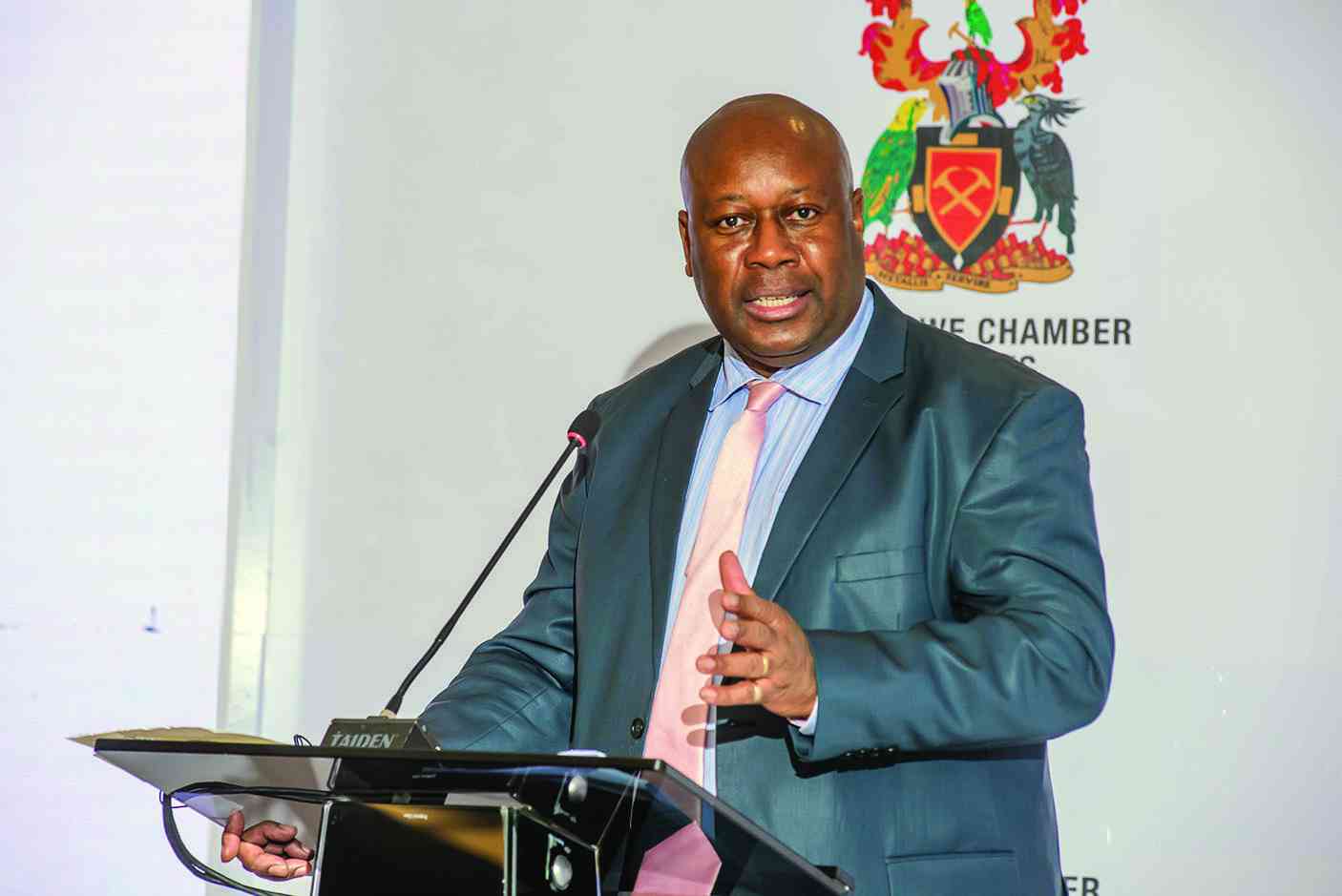
THE consumer retail and wholesale sector has become a cornerstone of Zimbabwe’s economy, playing a crucial role in driving economic activity and employment.
Current estimates indicate that over 70% of business operators are engaged in the retail sector. Between 2021 and 2024, the wholesale and retail trade contributed an average of US$6,2 billion annually, accounting for approximately 18,8% of the country’s GDP.
This significant contribution underscores the sector’s critical role in sustaining economic activity, especially as formal businesses continue to lose market share to the informal economy.
However, the true scale of the wholesale and retail sector is likely much larger than official statistics suggest.
Many tuckshops and informal vendors are excluded from these figures due to challenges in quantification, yet they surpass the formal sector in both employment numbers and transaction volumes.
Given this, there is a pressing need to revitalise, support, and incentivise the sector to operate profitably within the formal economy — particularly as numerous established retailers have either exited the market or faced financial distress.
For example, Choppies exited Zimbabwe, Metropeech and Truworths were placed under corporate rescue, and earlier this year, OK Zimbabwe and N. Richards closed several of their branches.
In early February, OK Zimbabwe shut down five branches — four in Harare and one in Bulawayo — resulting in 56 job losses in Harare alone. Initially, six closures were planned, including the Mbare branch, which would have affected 87 employees, but Mbare and Entumbane were later removed from the list.
- Mavhunga puts DeMbare into Chibuku quarterfinals
- Bulls to charge into Zimbabwe gold stocks
- Ndiraya concerned as goals dry up
- Letters: How solar power is transforming African farms
Keep Reading
OK Zimbabwe now intends to reopen its Entumbane branch and convert it into a wholesale business to reduce operating costs. This shift highlights the growing challenges supermarkets face due to rising expenses, with OK Zimbabwe serving as a good proxy, given its status as the country’s leading supermarket retailer with 67 stores nationwide.
Speculation about a potential retail sector recovery has been ignited by the Parliamentary Portfolio Committee on Industry and Commerce, which is conducting nationwide assessments to evaluate the ease of doing business and engage with retailers on their challenges.
This is a positive step forward, and if the concerns raised are addressed effectively, it could help stabilise the sector. Unsurprisingly, currency instability remains the primary challenge, followed by tax burdens and escalating operational costs, including high fuel expenses due to electricity shortages.
Recognising these challenges, the government has announced plans to introduce significant tax and regulatory fee reductions over the next six months to improve the ease of doing business and attract investment.
Some taxes and fees will be reduced by half, while others will be eliminated entirely. The aim is to simplify licensing and reduce bureaucratic barriers, making it easier for businesses to operate.
This is a welcome move, as the current formal business environment is characterised by high tariffs and a complex regulatory framework that increases operational costs, making it difficult for many businesses to remain viable.
However, currency issues remain unresolved, as there is still no full convergence between the official and the parallel market rates.
The key to addressing this challenge lies in restoring confidence in the local currency and increasing its circulation across all sectors. At present, some industries are required to use the local currency, while others operate in a dollarised environment.
Given the rise in foreign currency reserves at the central bank, expanding local currency usage across all sectors — while ensuring access to foreign currency when needed — could help stabilise the exchange rate and mitigate the financial pressures that have negatively impacted formal retailers lately.
In a positive development, the Harare City Council has reduced shop licence fees for small and medium enterprises (SMEs) from US$649 to US$300 per year to encourage business growth.
Additionally, the government has intensified efforts to crack down on smuggling and counterfeit goods due to concerns over consumer rights, public health, and safety.
Led by the Ministry of Industry and Commerce, this initiative involves the Zimbabwe Revenue Authority (Zimra), the Zimbabwe Republic Police, the Reserve Bank of Zimbabwe (RBZ), the Consumer Protection Commission, and other enforcement agencies.
While this is a step in the right direction for consumer protection, authorities should continue to address the underlying factors driving smuggling and the growing dominance of the informal sector.
Without viable alternatives, those engaged in informal trade may have little choice but to continue operating outside the legal framework. In conclusion, revitalising the retail and wholesale sector requires a multi-faceted approach — addressing currency stability, reducing business costs, and fostering a more enabling regulatory environment.
If these efforts are effectively implemented, the sector could rebound, creating sustainable growth opportunities for both formal and informal businesses alike.
- Taimo is an investment analyst with a talent for writing about equities and addressing topical issues in local capital markets. He holds a First Class Degree in Finance and Banking from the University of Zimbabwe. He is an active member of the Investment Professionals of Zimbabwe community, pursuing the Chartered Financial Analyst charter designation. or tinashed@equityaxis.com, X: TWDuma_










